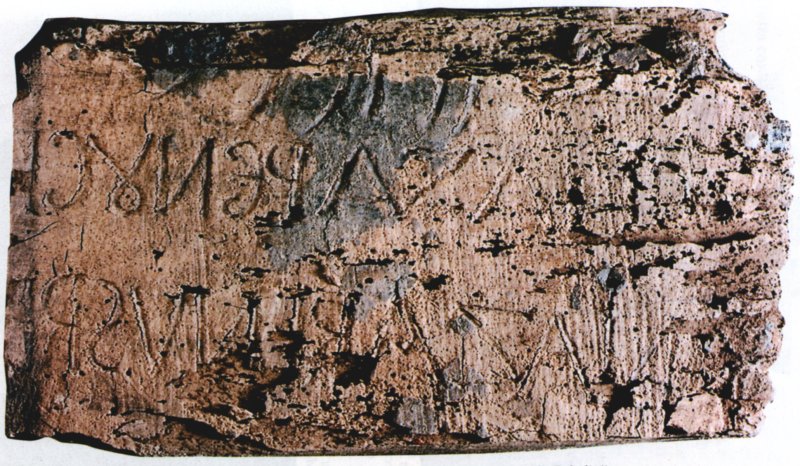The recent discussions on the Pope's speech seem to have missed several important points. On Newsnight Kirsty Walk repeatedly emphasised the fact that the Pope did not mention the Crusades or the Inquisition in his criticism of religious violence. This entirely ignores the fact that the Pope was attacking the use of violence as a tool of
conversion.
The Inquisition had no concern with non-Catholics only with Catholics who had embraced and propagated heresy. As St Thomas says "The believer more firmly assents to the things that are of faith than to the first principles of reason." Thus, just as someone who knowingly denies the first principles of reason does so only verbally and in order, like Lucifer, to assert their independence of God; so a formal heretic knowingly errs in order to usurp the dignity of the Divine fountain of all truth. This is why the word for heresy means 'choice'. When an Inquisitor handed over a formal heretic to the secular arm he was not trying to scare him or anyone else into conversion he was allowing the state to punish the heretic for a criminal offence which the heretic knew to be wrong. As Jose Maria Escriva says in The Way: 399
"If in order to save an earthly life it is praiseworthy to use force to stop a man from committing suicide, are we not to be allowed use the same force - holy coercion - to save the Life (with a capital) of many who are stupidly bent on killing their souls?"
None of these considerations apply to non-Catholics. The Crusades were not wars of conversion they were defensive wars intended to resist Mohammedan attempts to convert Christians by the sword. The Catholic Church has always taught that forcible conversion is gravely sinful. The followers of Mohammed have always believed in conversion by the sword. That is virtually what the word 'Islam' means. The Caliphs would be baffled at the denials which are now being issued. Indonesia is the only country that has ever been voluntarily converted to Mohammedanism all the others (including Arabia) were converted by the sword.
John Paul II did not apologise for the Crusades or the Inquisition he apologised for "the use of violence that some have committed in the service of truth" and he apologised not on behalf of the Church but on behalf of certain sons and daughters of the Church. This apology could not refer to the Crusades as they were not violence in the service of the truth they were violence in self-defence. They could conceivably refer to various acts of forced conversion (such as that attempted by Charlemagne upon the Saxons) which were condemned at the time. Or even the cynical use of forcible conversion by some colonial regimes for temporal ends which may have been overlooked (if such things occurred I have never seen evidence, though it is quite likely). He may have been repudiating the use of capital punishment for formal heresy or the abuse of this power in Spain and elsewhere. If so I assume it is the abuse and not the use of the power to which he refers as
Pope Leo X specifically condemned the proposition "That heretics be burned is against the will of the Spirit".
But anyway, getting back to the Pope's speech, it seems to me that the quote taken out of context is bound to offend Mohammedans but read in context probably would not. However, if it were read in context by a Mohammedan who truly understood the text, it would still be offensive because the implications of the speech are very negative for Islamism. However, they are probably more negative for Scotism and Protestantism. Benedict seems to be saying that the idea that God can alter the laws of reason falsifies one's knowledge of God. This might even put into question whether a consistent Mohammeden, Cartesian or even Barthian truly worships the one true God. If there is no foundation in reason for our knowledge of the God who speaks in revelation how can we know that the one who speaks is the one true God or that it is God whom we worship?
In the case of Mohammed obviously it wasn't God speaking to him. Of course Vatican II says of the followers of Mohammed that "they adore the one God, living and subsisting in Himself; merciful and all- powerful, the Creator of heaven and earth" so in practice this does not seem to be a problem. Perhaps this is because in fact the followers of Mohammed come to know God through common sense natural reason like everyone else and do not consistently follow through the implications of the idea that God is unknowable by reason and beyond truth and falsehood (or even know about it). So perhaps there is hope for Scotists, Barthians and Cartesians too.






